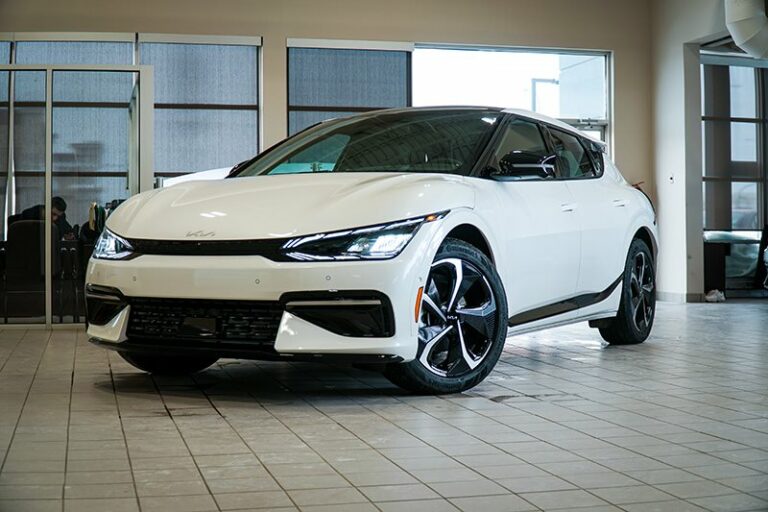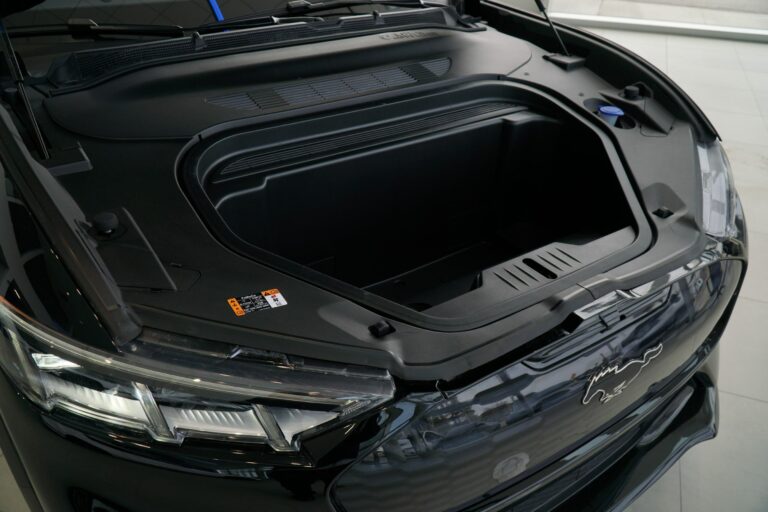You may be wondering; should you switch to an electric vehicle? Let’s explore the pros and cons of electric and gas vehicles to help you decide which is right for you!
Electric Vehicles: The Future of Transportation
Electric vehicles (EVs) are powered by rechargeable batteries and electric motors, eliminating the need for gasoline. They are known for being environmentally friendly, producing zero emissions, and for their quiet operation and smooth acceleration.

Pros of Electric Vehicles
1. Lower Operating Costs
Electricity is generally cheaper than gasoline, resulting in lower fueling costs. As well, electric vehicles require less maintenance due to fewer moving parts and no oil changes.
2. Environmental Benefits
Electric vehicles have a significantly lower carbon footprint compared to gas vehicles. By running on electricity, they produce zero direct emissions, contributing to cleaner air.
3. Energy Efficiency
EVs have electric motors, regenerative braking, single speed transmissions or no transmission, which makes them more energy efficient than gas vehicles. This allows them to travel farther distances with less energy.

Cons of Electric Vehicles
1. Limited Charging Infrastructure
Charging stations are not as widespread as gas stations. When deciding to get an EV, we recommend researching the charging stations in your area.
2. Longer Recharging Times
Charging an EV can take longer compared to refueling a gas vehicle, especially with standard charging options and at-home charging.
3. Higher Upfront Costs
Electric vehicles generally have a higher initial purchase price compared to gas vehicles, although long-term savings can offset this cost.

Pros of Gas Vehicles
1. Wide Availability
Gas stations are abundant, making it convenient to refuel gas vehicles. This allows for longer trips without the need to worry about finding charging stations.
2. Longer Driving Range
Gas vehicles typically offer a longer driving range compared to electric vehicles. This makes them a preferred choice for long-distance travel or areas with limited charging infrastructure.
3. Quick Refueling
It takes only a few minutes to fill up your gas tank, whereas recharging an EV can take significantly longer, depending on the charging station and battery capacity.

Cons of Gas Vehicles
1. Environmental Impact
Gas vehicles contribute to air pollution and greenhouse gas emissions, negatively impacting the environment.
2. Rising Fuel Costs
Gas prices can be volatile and tend to fluctuate frequently, which will increase fueling costs over time.
3. Maintenance Requirements
Gas vehicles require more frequent maintenance, including oil changes, filter replacements, and other regular servicing that can add up.

Choosing between an electric vehicle and a gas vehicle depends on your individual needs, preferences, and priorities. Take a look through our inventory of electric and gas vehicles, and if you need help deciding which one is best for you our experts are always available to help!


